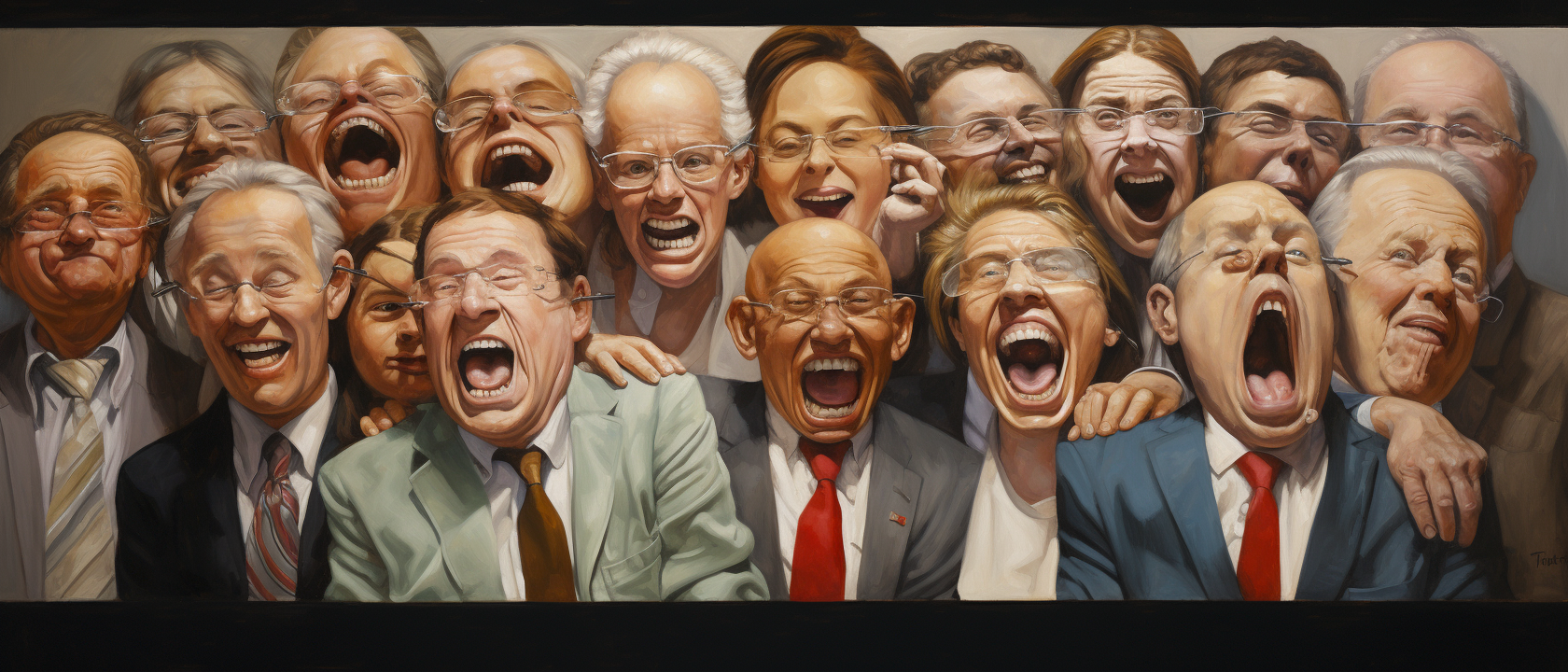The Importance of Free Speech in the Era of Social Media
This post was originally published on
In the digital age, social media platforms have evolved into critical spaces for the exchange of ideas, opinions, and information. They have become the modern-day public squares, where individuals can engage with a global audience. However, this relatively new form of communication has also sparked debates on free speech and censorship, raising questions about the role of social media companies and governments in regulating content. This article delves into the complexities surrounding free speech in the age of social media, drawing on evidence and insights from investigative journalism and congressional testimonies.
The Evolution of Media and Its Political Upheavals
Historically, each new form of media, from the printing press to television, has led to significant political changes. The printing press allowed for the Protestant Reformation, while television reshaped political campaigns and public engagement. Social media, a product of the DARPA-created ARPANET, has brought about its own upheavals, demonstrated by events like Brexit and the election of Donald Trump. These occurrences signaled a populist nationalist revolt that many establishments in the West found threatening to their authority.
The Censorship Industrial Complex
Investigations into internal documents from social media companies have revealed efforts by government agencies, including the FBI, CIA, and the Department of Homeland Security, to counter what they term as "misinformation" and "hate speech." This has led to the creation of a "censorship industrial complex" involving academic institutions and third-party organizations demanding mass censorship of disfavored views on platforms like Twitter and Facebook. Notable instances of such censorship include the deplatforming of individuals discussing controversial topics and the suppression of stories like the Hunter Biden laptop incident.
[
The Censorship Industrial Complex
Mike Benz traces the origins of tech companies’ integration with intelligence agencies to their inception, highlighting Google’s beginnings as a DARPA-funded project.
 TFTC – Truth for the CommonerMarty Bent
TFTC – Truth for the CommonerMarty Bent

Government Involvement and Free Speech
The involvement of government agencies in social media censorship raises First Amendment concerns. The White House's demands for Facebook to censor discussions about COVID vaccine side effects, for example, have led to legal challenges, such as Missouri v. Biden. This case, among others, is prompting a broader conversation about whether the government should have any role in combating online misinformation or regulating hate speech, both of which are highly subjective and contentious issues.
Impact on Public Opinion and Elections
The influence of social media on public opinion and election outcomes is a matter of ongoing debate. While it is generally challenging to change deeply held beliefs, the targeted censorship of information, as witnessed in the Hunter Biden laptop case, can affect public discourse and potentially alter voter perceptions. This highlights the need for a careful examination of social media's role in democratic processes and the safeguarding of a free and open exchange of ideas.
The power of talking about big tech censorship w/ @MikeBenzCyber 👇 pic.twitter.com/k9R81zOKV0
— TFTC (@TFTC21) November 15, 2023
Conclusion
The intersection of social media, free speech, and censorship is a complex and evolving issue. As society grapples with the implications of these digital platforms on public discourse, it is crucial to uphold the principles of the First Amendment and encourage transparency, user control over content moderation, and clear boundaries for government intervention. The balance between protecting free expression and addressing legitimate concerns about misinformation and hate speech will continue to be a pivotal challenge in the digital age.




